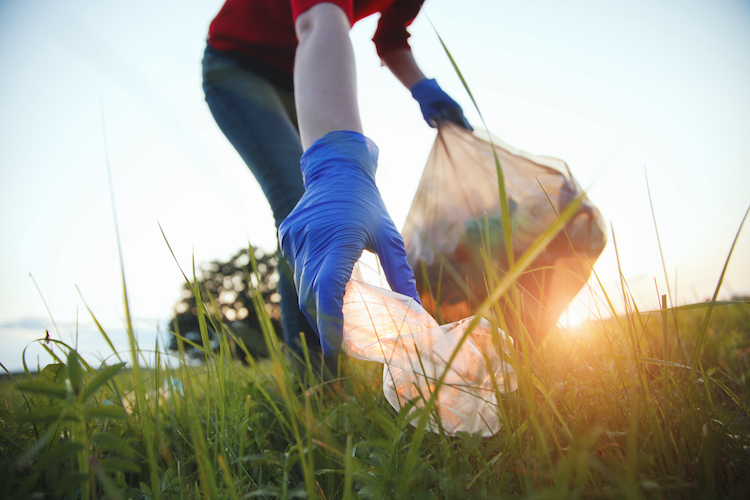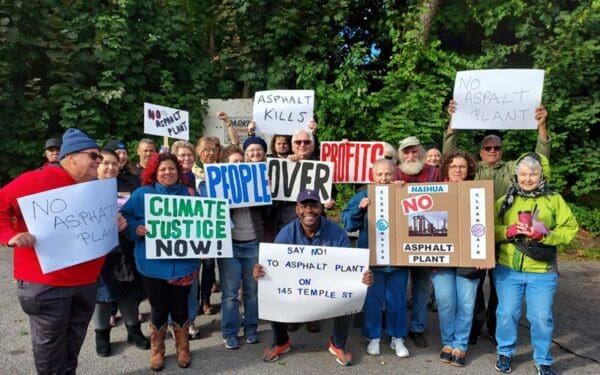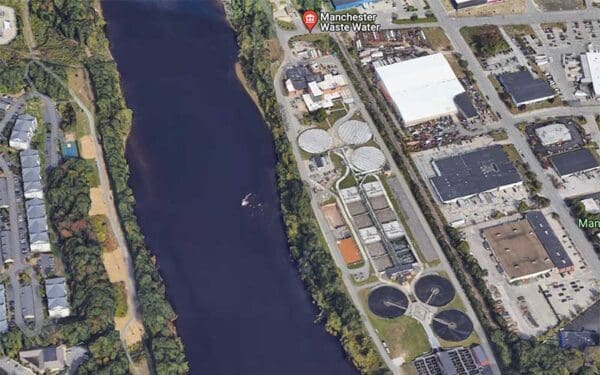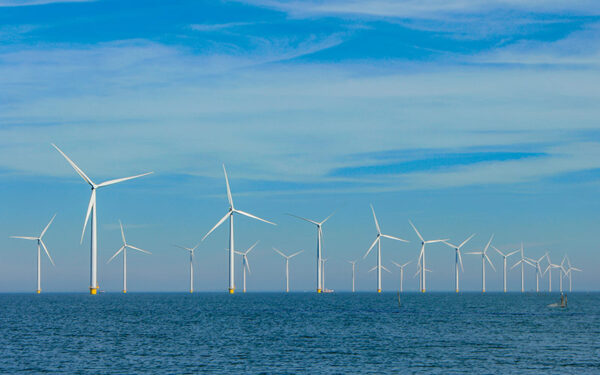
Earth Day is a time for cleaning up our environment in ways both large and small. Photo: Shutterstock
Earth Day is almost here! It’s our moment to honor our planet by taking concrete action to preserve the environment and fight climate change. After all, as the saying goes, there’s no Planet B.
So, this year, let’s celebrate Earth Day by pairing our small local efforts with BIG collective actions that can really make a difference. That’s the best way to bring about real, systemic change.
Here are five ideas on how you can celebrate Earth Day to have the most impact:
1. Get Rid of Single-Use Plastic
Bags, cups, straws, bottles – nearly 8.2 billion tons of plastic have been produced over the last 70 years. And most of it has ended up buried in a landfill, burned in an incinerator, or scattered throughout our neighborhoods and waterways. All that plastic comes from the same fossil fuels causing the climate crisis. Let’s stop the plastic madness.
At home, stick to reusable water bottles and reusable bags. Buy in bulk if you can. Cook at home and avoid plastic take-out containers. Avoid plastic wrap and store your leftovers in reusable containers.
You can have an even bigger impact by tweeting, calling, or emailing the companies that make your favorite products to let them know you want them to switch to recyclable, compostable, renewable, and recycled packaging.
And go one step further by asking your legislator to ban single-use plastic in your state.
2. Save North Atlantic Right Whales
Fewer than 350 North Atlantic right whales are left on Earth. We must do everything we can to protect this iconic species before it’s too late. While the plight of right whales may seem far removed from any action one person might take, there are things you can do.
At home, join an adopt-a-beach program, volunteer to monitor water quality, and pare back on your use of plastic products that end up in the bellies of marine animals. Slow down your boat if you’re in an area frequented by these magnificent whales, and keep a safe distance if you do spot one.
Write to your representatives and ask them to support action to protect right whales.
3. Ditch the Fossil Fuel in Your Electricity
Too much of our region’s electricity comes from natural gas. According to ISO New England, our regional grid operator, in 2022, this polluting fuel generated 45% of our electricity regionwide. That means much of our electricity still comes from a dirty fossil fuel that spews climate-damaging emissions. And that explains why we’re experiencing more powerful storms, warmer winters, and hotter summers. But there are alternatives to the carbon pollution that’s harming our planet. Offshore wind and solar energy are two clean, renewable energy sources that we could use to generate electricity.
At home, if possible, switch your electricity source from fossil fuels to clean energy. At least half of electric customers have the option to purchase renewable electricity directly from their power supplier, and everyone has the option of purchasing renewable energy certificates. Clean energy programs often cost more, so talk with your utility today to find the most competitive rates.
And, take action now by signing a petition to call on electric grid operator ISO New England to stop favoring fossil fuel projects over clean energy projects in New England.
4. Move with Clean Transit
In New England, transportation accounts for over 40% of carbon pollution. It also spews air pollution that worsens lung and heart ailments, causes asthma attacks, and increases the risks of stroke and other health problems. The only solution is to step away from the wheel of your gas guzzler and opt for cleaner alternatives. There are some good ones out there right now, so let’s use them where possible and pressure our leaders for even more.
At home, bike, walk, or take public transit if you can. Next time you need to buy a car, check out electric options.
Write to your local leaders and transit authority to urge them to prioritize electrified, affordable, reliable public transit. And support CLF as we continue to fight for electrified public transit in your community.
5. Keep Food Waste Out of Landfills
On average, the U.S. wastes an estimated 125 to 160 billion pounds of food each year. And where does it all end up? In a landfill, where it’s buried under mounds of toxic trash and eventually emits methane gas. In fact, food waste in landfills is now the country’s third-largest source of climate-damaging methane emissions.
We can make a huge dent in our carbon footprint simply by composting our food waste.
At home, compost. If you have a yard, you can collect and compost your food scraps to use as fertilizer for your garden and houseplants. If you don’t have a yard, check to see if your community offers composting services alongside regular trash collection. In areas that don’t yet have city-wide composting, many private services are picking up the slack for a monthly fee.
And if your town doesn’t have composting or a private company doesn’t fit your budget, call your town and city leaders to find out what it would take to start a pilot program.
When it comes to protecting our planet, a combination of individual and collective actions on Earth Day and every day can seed real change.




